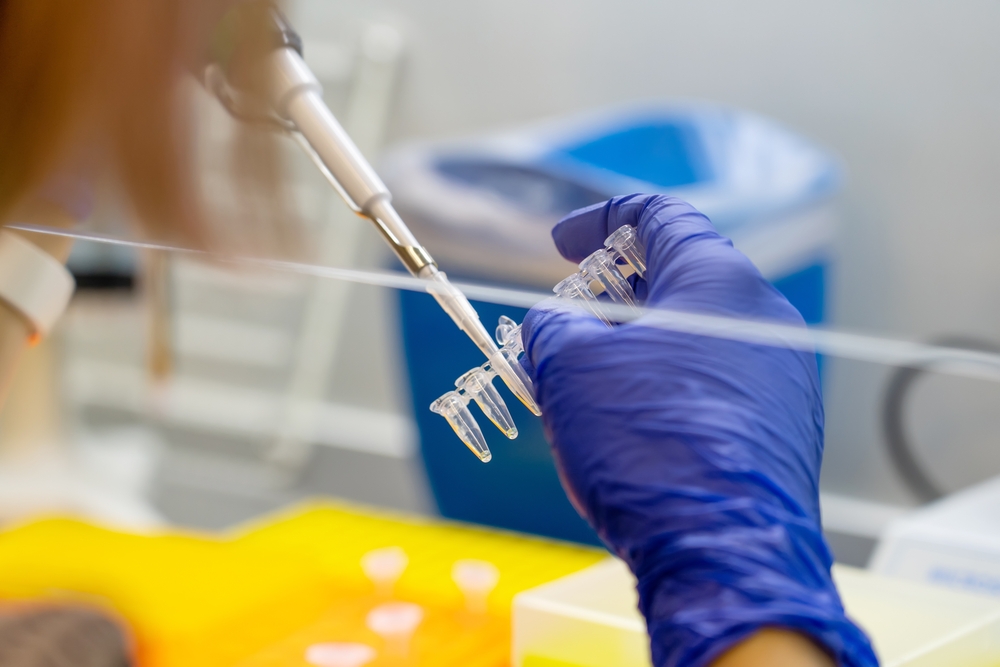What Is DNA Preservation?
Published April 11, 2022.

March 30, 2018 Posted by Michael Hummell
DNA is a common word most of us have heard at least once in our lives. Maybe we haven't used it in real life, but it is frequently mentioned in criminal shows when solving different cases.
A key term stemming from DNA is DNA preservation. But what does it mean, and why are we talking about it in our cremation and funeral blog section? Let’s find out.
Also known as DNA banking, DNA preservation is the long-term and secure storage of the unique genetic material of an individual.
In the 21st century, DNA preservation has become a new consideration for many people to keep the genetic information of their deceased loved ones with them permanently. DNA contains all sorts of information about every living human. This includes skin pigmentation, height, hair color, eye color, and all other physical traits. What is more, it stores the details of family medical conditions, health risks, and other generational concerns.
Factors You Should Know About DNA Preservation
Today, as more and more people are becoming knowledgeable about DNA, there are additional factors to consider. These factors are discussed below.
Gather All Sorts of Information
When a loved one dies, the whole family is shattered emotionally. DNA preservation gathers various types of information for future generations. DNA of the deceased is collected by a funeral home and taken to a medical lab to be preserved. This includes gathering DNA after cremation.
For Future Healthcare
Preservation of the genetic information of those who have passed offers many future benefits from a healthcare point of view. It can provide a wealth of data about hereditary diseases and family medical history. Moreover, physicians are now also relying on genetic testing to find different levels of drug dosage, types of cancer, or any prevalent diseases in the family.
Time to Get a DNA Sample
There is no specified time to obtain DNA during a person's life. It can also be collected immediately after death, as long as the body of the deceased has not been embalmed or cremated.
Preservation in Custom Objects
Every lab has its own method of collecting DNA samples. Some scientists are able to extract the strands of DNA from a sample of saliva to create synthetic glass powder. This is then used to make crystal vases or jewelry to immortalize your loved one.
How Long Does DNA Last?
This is the most common question people are generally curious to know about. To a great extent, preserved DNA doesn't have an expiry date. Because 75% of diseases can be tracked from it, you can easily preserve it for a lifetime - and many more to come!
Although DNA preservation is not a new concept, it has now become popular due to its practical uses. This genetic blueprint has become a new funeral tradition, and therefore, more and more people are choosing it to keep the memories of their loved ones alive.





